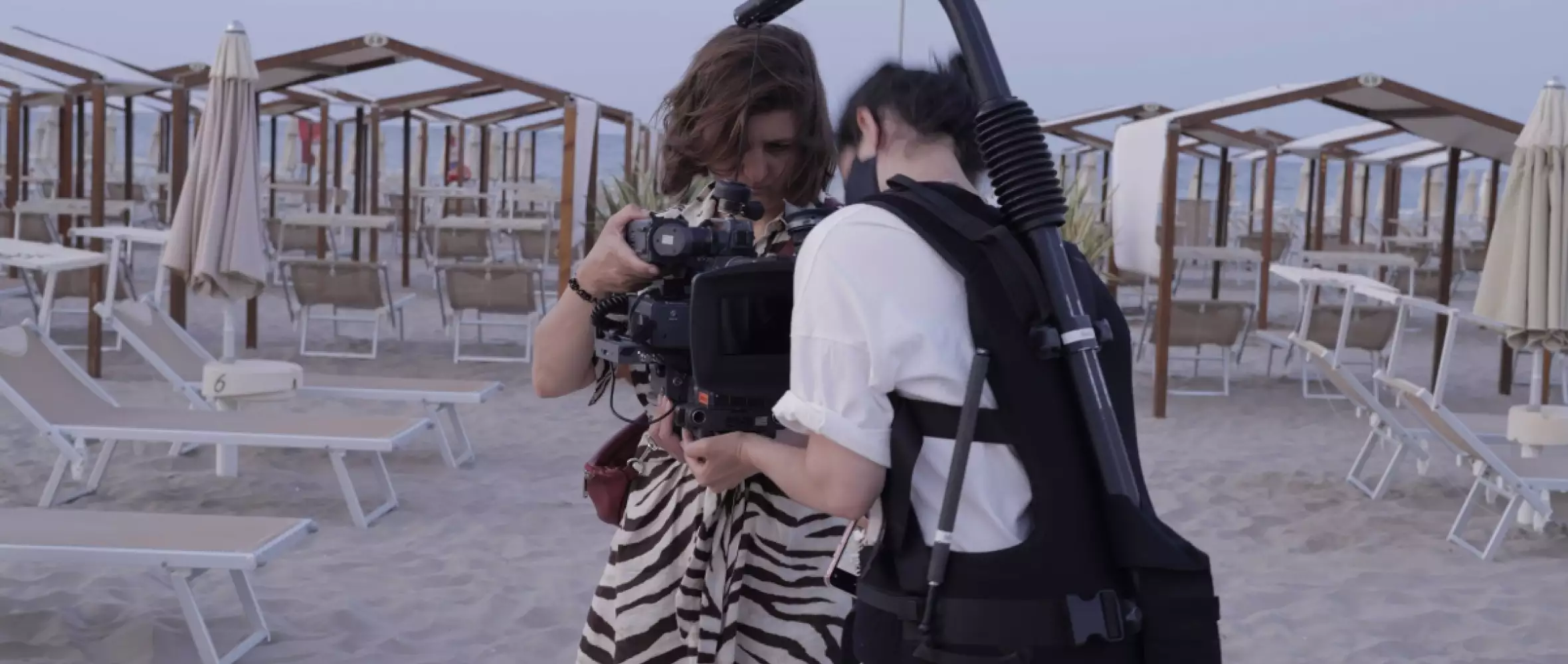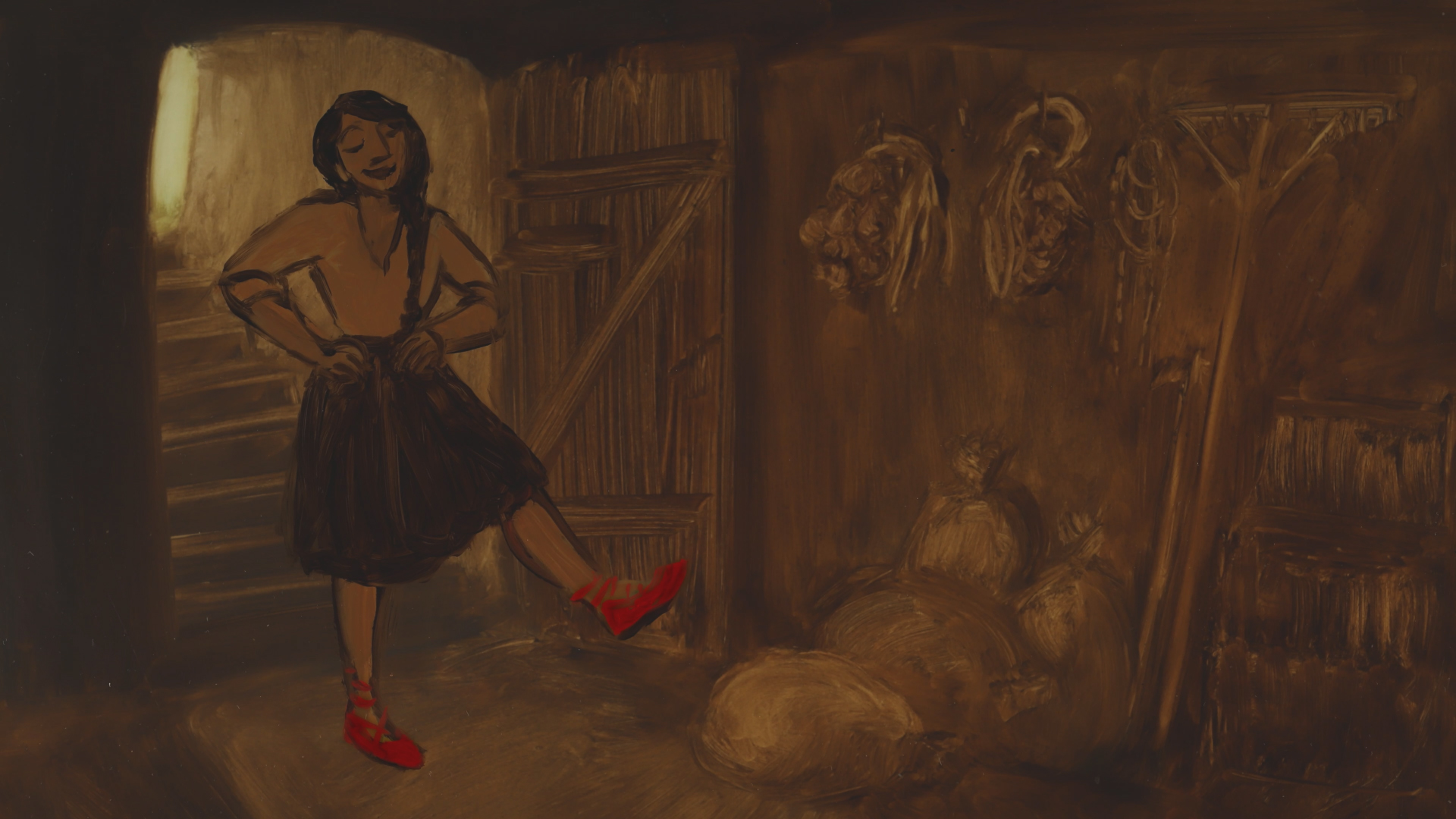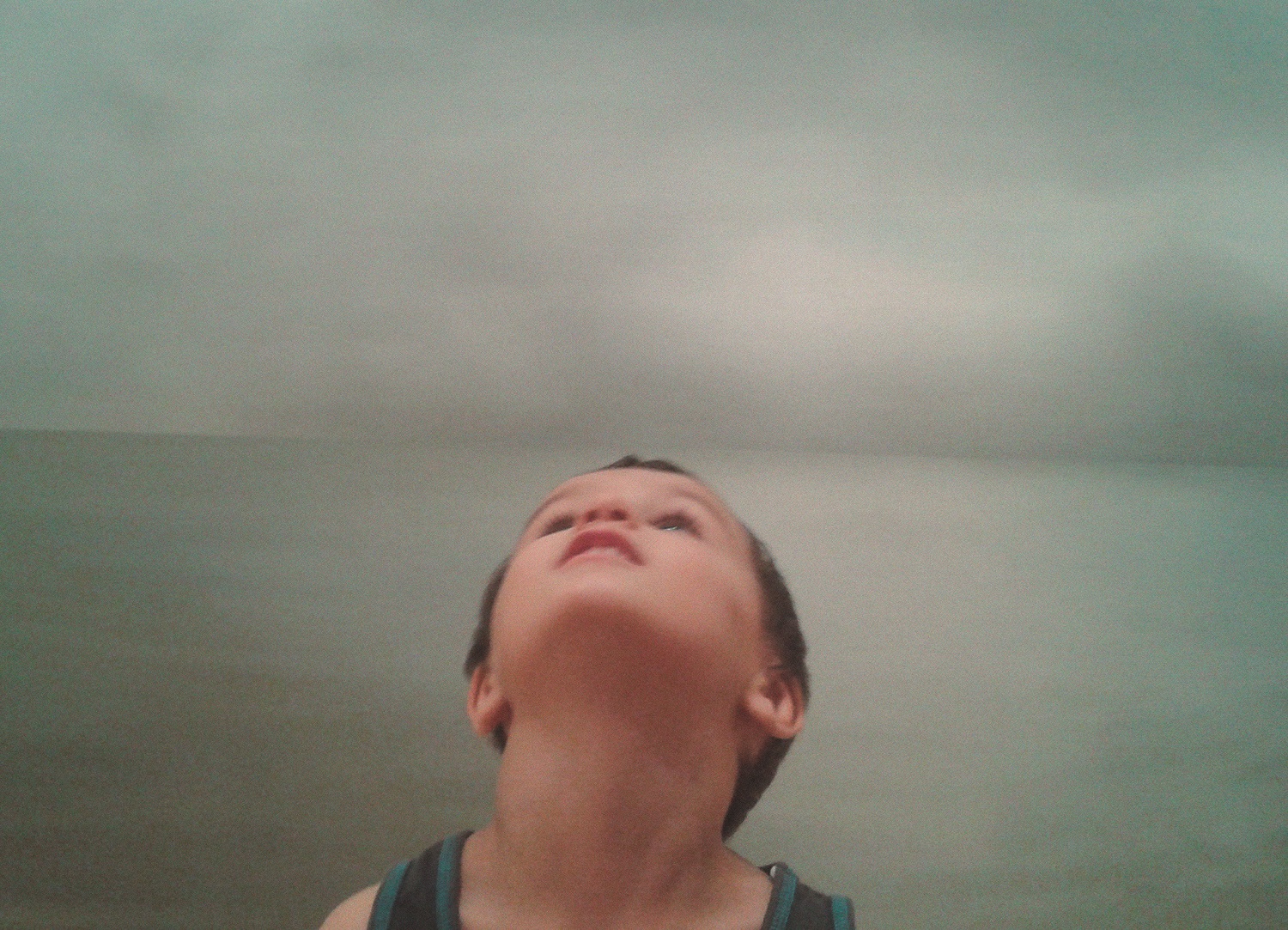
05 July 2021
Cannes 2021: The future is Female
Cannes 2021: The future is Female

The French Riviera welcomes two rising Czech filmmakers and their latest works. Animator Anna Podskalská brings her artisanal short Red Shoes to the Cinéfondation selection, while previous Cinéfondation winner Zuzana Kirchnerová presents her eagerly expected feature debut, Caravan, in the L’Atelier initiative, the first Czech majority project ever picked for the selection, which spotlights the most promising projects in world cinema.
Article by Martin Kudláč for CZECH FILM Magazine / Summer 2021
After an involuntary hiatus prompted by the pandemic outbreak, the Cannes International Film Festival is back on the French Riviera for its 74th edition, which means Czech cinema is returning to La Croisette. After the 2019 Miloš Forman double-bill of Loves of a Blonde (1965) and Forman vs. Forman (2019), another Czech masterpiece will be hosted in the Cannes Classics section this year. Vojtěch Jasný’s modern fairy tale The Cassandra Cat (1963), blending the magical and the mundane, reappears at Cannes after almost six decades since winning the Special Jury Prize there (more on page 12).
Emerging Czech talents have become a fixture in the Cinéfondation section. After Michal Blaško’s Atlantis, 2003 (2018) and Ondřej Erban’s One Hundred and Twenty-eight Thousand (2019), animator and FAMU student Anna Paděrová joins the lineup of talent in the class of 2021. Podskalská worked as an animator on Petr Oukropec’s family adventure film Martin and the Magical Forest (2021) and was also part of the Czech animation team on the first-ever feature-length film painted on glass The Crossing (2021), directed by French painter and animator Florence Miailhe. Paděrová’s own short film, the lyrical allegory Red Shoes (2021), arrives in France already stamped with a seal of approval, having been shortlisted for the BAFTA Student Award 2021.

Inspired by a folk tale and steeped in local tradition, Red Shoes follows Róza, a girl no one invites to dance at a village party. Out of the blue, a stranger emerges and bestows on her the titular gift that turns out to be a curse. Róza’s passionate dancing in the devilish shoes boomerangs on her when she discovers she is no longer in control. Red Shoes is a morality tale with nightmarish undertones, reminiscent of the dark style of Czech poet Karel Jaromír Erben. Paděrová brings to life her local version of the Faustian bargain using the artisanal method of hand-drawn oil on glass, a technique pioneered by Miailhe. Red Shoes, currently traveling the international festival circuit, was produced by Ondřej Šejnoha of FAMU, with FILMTALENT ZLÍN and Mária Môťovská serving as coproducers.
Excitingly, the 74th edition of the Cannes Film Festival also marks a first for Czech cinema. Zuzana Kirchnerová’s Caravan, singled out as especially promising, has been picked for the 17th edition of L’Atelier de la Cinéfondation, one of 15 projects from 15 different countries by up-and-coming early-career filmmakers. L’Atelier is designed to connect filmmakers with partners who can help finalize the project and begin production, thus speeding up the production process. The purpose of the initiative is to stimulate creative filmmaking and encourage the emergence of a new generation of filmmakers.
While Caravan is the first majority Czech project to be selected for L’Atelier, and also the first project by a woman director, it won’t be Kirchnerová’s first exposure onstage at Cannes. In 2009, she nabbed the first Prize Cinéfondation for her graduation film, Baba (2009), a psychological drama. “It looks like future films are in the hands of women. We thought it was so beautifully done and beautifully staged and acted. Go make another film!” said John Boorman of the Cinéfondation jury. Laurent Jacob, a Cinéfondation selection coordinator, noted it was a milestone for a Czech film to win at Cannes. The achievement positioned Kirchnerová on the map of talents to follow, and earned a coveted spot in the Cannes lineup for Caravan, her first feature-length film.
Caravan is the story of the fortysomething Ester, who has been caring for her son David the last 12 years and is worn out from the isolation, the routine, and having to do everything herself. A visit to a friend in Italy becomes a chance to escape. But an incident along the way prompts Ester to take her son on a road trip in an old caravan across Italy. It’s no longer enough for Ester just to be the mother of a disabled child. Kirchnerová’s film disrupts the stereotype of mothers as self-sacrificing caretakers and aims to paint a more nuanced portrait of motherhood and female empowerment in the midst of a difficult situation and societal expectations.

To some extent, Ester is a mature version of the main character in Kirchnerová’s graduation project, Baba. “Both find themselves in a situation they didn’t expect and didn’t want. Both are forced to confront new circumstances and, above all, their own ideas of life,” says producer Dagmar Sedláčková of MasterFilm. The main difference between the two, she says, is that Ester, unlike her younger counterpart, “must accept her new reality and use it for her own inner transformation.” The script—co-penned by the director, Tomáš Bojar, and Kristína Májová—won the main prize in the Czech Film Foundation Competition of unproduced scripts in 2019.
“The themes and challenges in Caravan are personal. My son was born with Down syndrome and gradually developed autism as well,” says Kirchnerová. “But the actual story has no autobiographical background. What is personal about it is the desire to escape and the longing to rebel against the role of mother of a disabled child. The theme of rebellion is reflected in the choice of genre as well. To me the road-movie genre is the best expression of Ester’s aggressive longing to live.” Though she could make Ester out to be the hero in a heavy social drama, the director says she wants to make a movie that “despite the difficult theme, will be hopeful, making room for lightness, sensuality, and bitter humor.”
Cast in the lead role is the prolific Czech star Aňa Geislerová, while the complex character of Ester’s son will be played by a mentally challenged nonprofessional actor. The director notes that Caravan will be also a kind of mother-son love story. Influences for the film, Kirchnerová says, are Andrea Arnold and Alice Rohrwacher.
Sedláčková of MasterFilm is producing Kirchnerová’s debut with Jakub Viktorín of the Slovak company nutprodukcia, while Carlo Cresto-Dina and Ilaria Malagutti of Tempesta are coproducing partners along with Czech Television. The Czech Film Fund supported the project in development (€12,300), as well as in production (€400,000). Additional funding has been confirmed from the Slovak Audiovisual Fund (€350,000). Principal photography is slated for 2022 and is expected to unspool over the course of 16 weeks in the Czech Republic and Italy. The premiere is tentatively set for 2023.




